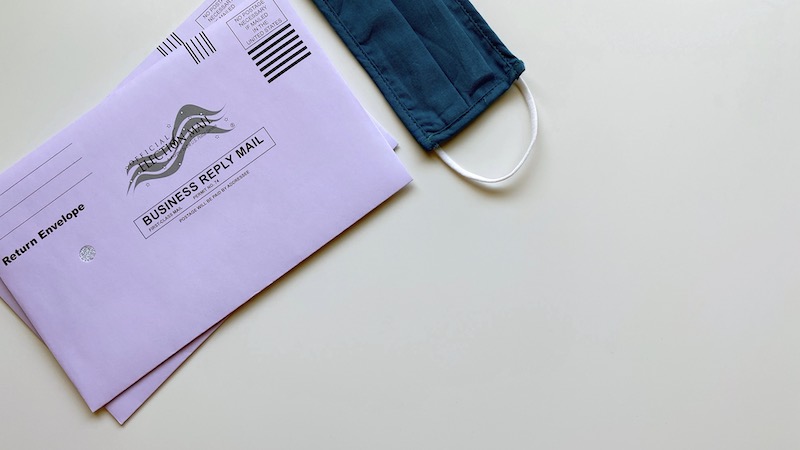Facebook wants to take action against misinformation and manipulation in the US election campaign – and bans political advertising one week before the election. The problem: Campaigns that have been started before will continue. What was Mark Zuckerberg thinking?
Two months before the next US presidential election, Facebook announces measures against misinformation and manipulation during the election campaign.
Politicians and campaigners are not allowed to run campaign ads and advertisements in the last week before the election that highlight a winner who does not yet exist.
But that is not all. Several media unanimously report that Facebook, for example, also wants to delete posts that imply that people can get infected with the corona virus when they cast their vote. The election will take place on November 3, 2020.
Is Facebook not efficient enough against manipulation in the US election campaign?
But are these measures really sufficient to prevent misinformation and manipulation in the US election campaign? Facebook only bans politicians and campaigners from running advertising campaigns in the last week before the election.
Advertisements and ads that they run before this week may continue. So politicians simply have to run campaigns in time and they will still reach people – even if not just before the US election campaign.
Samantha Zager, spokeswoman for US President Donald Trump, criticized the imposed ban nonetheless. It would deprive them of the chance to defend themselves on Facebook in the last days before the election.
US election campaign: Mark Zuckerberg wants to protect democracy
Mark Zuckerberg said: “This choice will not be business as usual. We all have a responsibility to protect our democracy.”
In addition, the Facebook boss was worried about possible unrest because the USA was currently politically and socially divided. The final election results could only be known after weeks or months.
For this reason, contributions questioning the legality of the election process and the outcome of the election should also be marked. For example, if a candidate or supporter announces his victory prematurely, the official election results should appear under this post.
Donald Trump opposes the postal vote
Meanwhile, incumbent US President Donald Trump has been doubting the US election campaign for months. The Republican repeatedly opposes possible absentee ballots because he considers them very susceptible to fraud.
His concerns should not be unjustified in times of Corona. Due to the pandemic, this year probably twice as many people could vote by mail than last in the election year 2016.
And because counting postal votes takes longer than counting votes cast at the polling station, it could also take much longer to determine the winner.
Facebook has already failed in the US election campaign
The US election campaign could therefore once again become very challenging for social media, parties and politicians.
And it seems that Facebook has already failed with its measures. After all, the social network is once again not taking full action against possible misinformation and manipulation.
Facebook merely deprives politicians and campaigners of the opportunity to position themselves on the platform once again in the last week before the election and to defend themselves if necessary. Anything is still possible before then – and Facebook must face up to this criticism.










